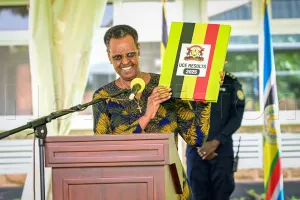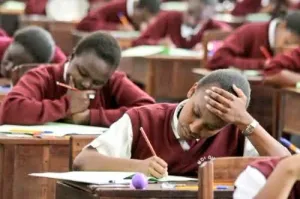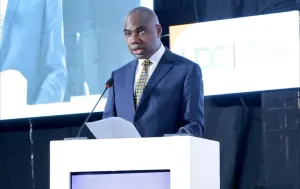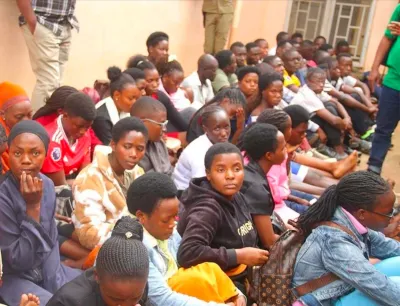
Excitement is growing across the seven villages of Abar West Parish in Nebbi District, after the long-awaited commissioning of a solar-powered borehole brought an end to nearly four decades of severe water scarcity. For more than 45 years, residents survived without reliable access to clean and safe water, a situation that left them vulnerable to waterborne illnesses. Local leaders recall that the community recorded at least 10 cases of diarrhea each month, and they believe the newly introduced piped water system will greatly improve health and daily life.
For 65-year-old Jenerosa Wiyajik of Palyec Central Village, the change is transformative. She says that for decades, families depended on polluted streams shared with livestock. Now overseeing a public water stand at her home, Wiyajik explains that piped water has eased her daily struggles; before the project, she often walked long distances for water and sometimes went without because of her age.
“I really thank God for bringing development in our old age, because water was a big problem in the communities and people used to spend more hours at the few water sources. Marriages were breaking because men were suspicious about their wives taking longer hours at the water source,” Wiyajik said. She noted that she currently earns up to shs 10,000 a day from water sales, which she uses for food, pipe maintenance, and medical savings.
According to William Okwir Asa, Chairman of the Water User Committee in Abar West Parish, 44 new water points have now been set up to tackle the chronic shortages. He listed Omoyo Central, Omoyo North, Lengi, and Awo Palyec North among the areas newly connected. Okwir stressed that long-term success of the system depends on community involvement, with part of the revenue from water sales reserved for repairing damaged infrastructure.
“The connection and extension of piped water is for the willing customers who would wish to be connected at cost, and the cost depends on the cost of materials and the distance covered,” Okwir said.
Eunice Atimanga, the Female District Councillor for Ndhew Sub-county, welcomed the progress but pointed out that the region still faces major infrastructural deficits. She explained that the hilly terrain has slowed development, leaving key government institutions without essential services. She emphasized that more needs to be done beyond water access.
“Now the water is covering only seven villages in one parish, what about other parts of the sub-county without clean and safe water? Ndhew Seeds School is to be commissioned in a few months. Where would the school be accessing water from if they are not planned for?” Atimango asked.
Noel Muhangi, Senior Public Relations Officer at the Ministry of Water and Environment, said the solar-powered borehole marks a significant step toward delivering safe water to rural households. He noted that women and children who previously endured long, tiring walks to unsafe water sources, stand to benefit the most.
Muhangi explained that the project, implemented through Nexus Green Limited under the Ministry of Water and Environment, now serves more than 5,000 people in the villages of Palyec Central, Omoyo North, Lengi, Awu, Nguthe, Ambere, and Palyec Nyonguki in Abar West, Ndhew Sub-county. The system runs on 36 solar panels and pumps up to 257.9 cubic meters of water each day.
“The installation of [Shillings 170 million] solar-powered water system on Apany hill with a capacity of [18 cubic meter tank] under the Ministry of Water and Environment is targeted to serve more villages such that water shortages become a history in the communities,” Muhangi said.













Jason Olinga
Leave a Comment
Your email address will not be published.